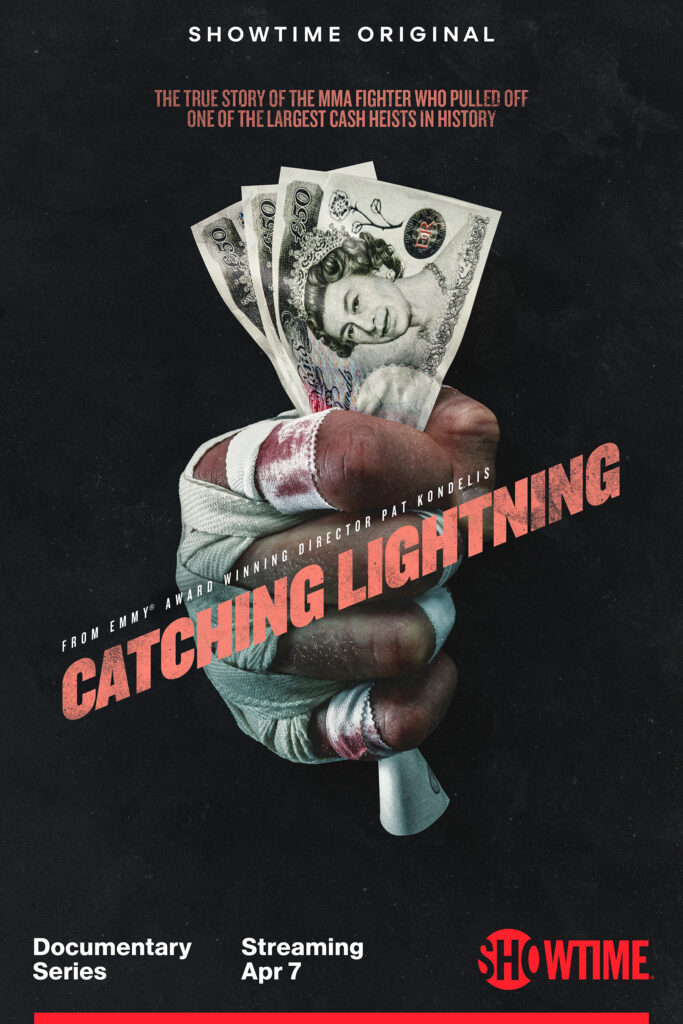 Hell isn’t other people; it’s a revival of Pippin. Does that make me sound cynical? At the risk of drawing the ire of community theatre groups and teenagers everywhere, I can sum up in two small words the particular reason why this show hasn’t been revived on Broadway until now. And no, they are not “Bob” and “Fosse” – but more on that later. It’s crap. There, I said it: the elephant in the room. Despite an infectious easy-like-Sunday-morning score and high-concept theatrics, Pippin, at its core, is an amateurish bore. It isn’t so much a musical as an EST training run amok at Ye Olde Renaissance Faire; an exercise in self-actualization wrapped up inside the comforting embrace of that familiar trope: hey kids, lets put on a show! Would it originally have been produced without Fosse at the helm? I doubt it. But Fosse being Fosse – I told you we’d come back to him – did more than slap a bit of lipstick on a pig. He twisted the unforgivably earnest story of one young man’s (one very privileged man, I might add) quest for purpose into something tailor-made for a generation dabbling in consciousness raising, creating a surreal and disturbing metaphysical entertainment that seduced its audience with the director’s trademark hot and cool razzle-dazzle and a healthy dose of social commentary. (A confrontational style that would reach its apotheosis, I might add, three years later in Kander and Ebb’s Chicago.) Director Diane Paulus doesn’t seem so interested in the meta-theatrics of her production at The Music Box, except when it’s convenient – or unavoidable. But she does take the instructions of the title song quite literally: “we’ve got magic to do.† The show-within-a-show conceit of this Pippin is not some mysterious white-gloved performance troupe, but a big top circus, providing Paulus (and a very game company) ample opportunity to distract and amuse us with feats of strength, illusion, and derring do. Life as a circus is a tenuous metaphor; a wholly non-threatening 180-degree turn away from the original production, but that’s the beauty of shows like Pippin and its precursor, Godspell: they are skeletons on which a director can boldly stamp any theatrical vision. Paulus takes advantage of this without ever connecting the storytelling with the style and throws everything but the kitchen sink at the audience, served by an athletic and adventurous group of acrobats and a (mostly) top-drawer cast of leading players. Only Matthew James Sweet, as our titular hero, fails to impress. Terrence Mann as Pippin’s father, King Charlemagne, Charlotte D’Amboise as his conniving stepmother, Rachel Bay Jones as his love interest, and Andrea Martin as his show stopping grandmother are a quartet of perfect foils for all the navel gazing going on. It’s hard to banish thoughts of what Ben Vereen brought to bear as The Leading Player, but a devilishly sexy Patina Miller more than holds her own. I just wish Paulus had allowed her to show some of the menace in between all those jazz hands. Yet that’s what makes this production so unusual: for all the hoary shtick, it’s irony free. Instead of finding its corner of the sky, Pippin just wants to be loved.
Hell isn’t other people; it’s a revival of Pippin. Does that make me sound cynical? At the risk of drawing the ire of community theatre groups and teenagers everywhere, I can sum up in two small words the particular reason why this show hasn’t been revived on Broadway until now. And no, they are not “Bob” and “Fosse” – but more on that later. It’s crap. There, I said it: the elephant in the room. Despite an infectious easy-like-Sunday-morning score and high-concept theatrics, Pippin, at its core, is an amateurish bore. It isn’t so much a musical as an EST training run amok at Ye Olde Renaissance Faire; an exercise in self-actualization wrapped up inside the comforting embrace of that familiar trope: hey kids, lets put on a show! Would it originally have been produced without Fosse at the helm? I doubt it. But Fosse being Fosse – I told you we’d come back to him – did more than slap a bit of lipstick on a pig. He twisted the unforgivably earnest story of one young man’s (one very privileged man, I might add) quest for purpose into something tailor-made for a generation dabbling in consciousness raising, creating a surreal and disturbing metaphysical entertainment that seduced its audience with the director’s trademark hot and cool razzle-dazzle and a healthy dose of social commentary. (A confrontational style that would reach its apotheosis, I might add, three years later in Kander and Ebb’s Chicago.) Director Diane Paulus doesn’t seem so interested in the meta-theatrics of her production at The Music Box, except when it’s convenient – or unavoidable. But she does take the instructions of the title song quite literally: “we’ve got magic to do.† The show-within-a-show conceit of this Pippin is not some mysterious white-gloved performance troupe, but a big top circus, providing Paulus (and a very game company) ample opportunity to distract and amuse us with feats of strength, illusion, and derring do. Life as a circus is a tenuous metaphor; a wholly non-threatening 180-degree turn away from the original production, but that’s the beauty of shows like Pippin and its precursor, Godspell: they are skeletons on which a director can boldly stamp any theatrical vision. Paulus takes advantage of this without ever connecting the storytelling with the style and throws everything but the kitchen sink at the audience, served by an athletic and adventurous group of acrobats and a (mostly) top-drawer cast of leading players. Only Matthew James Sweet, as our titular hero, fails to impress. Terrence Mann as Pippin’s father, King Charlemagne, Charlotte D’Amboise as his conniving stepmother, Rachel Bay Jones as his love interest, and Andrea Martin as his show stopping grandmother are a quartet of perfect foils for all the navel gazing going on. It’s hard to banish thoughts of what Ben Vereen brought to bear as The Leading Player, but a devilishly sexy Patina Miller more than holds her own. I just wish Paulus had allowed her to show some of the menace in between all those jazz hands. Yet that’s what makes this production so unusual: for all the hoary shtick, it’s irony free. Instead of finding its corner of the sky, Pippin just wants to be loved.








